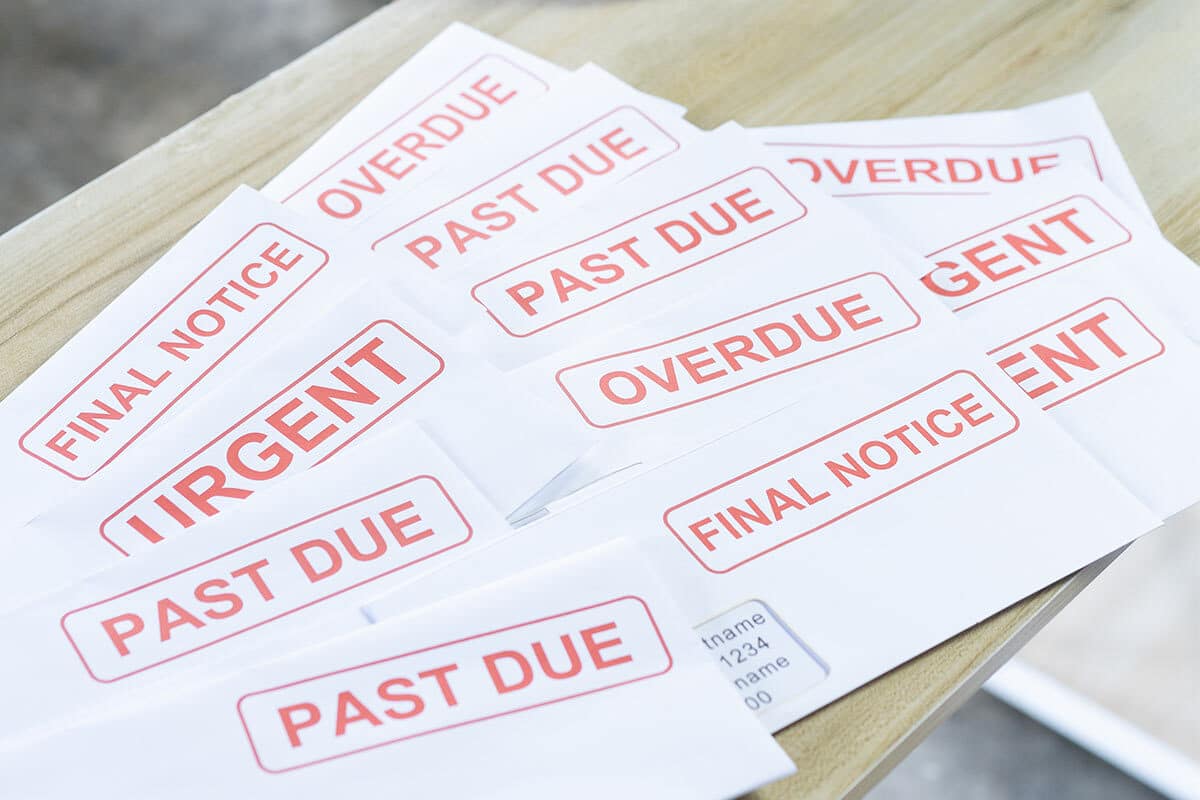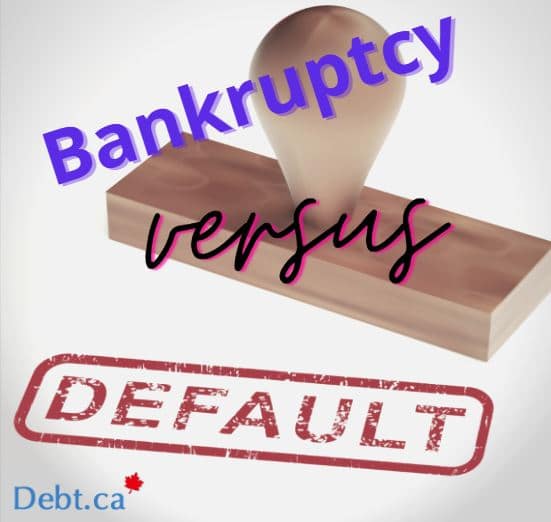Struggling to pay your debt management program isn’t a typical issue of the plan. Taking out loans or using credit cards can be a good way to cover essential purchases. However, multiple debts can put you in financial ruin.
It’s not easy, but there are solutions to this problem. One of the best debt-relief options to recover from bad debt is taking a debt management program. This option may lower your interest rate and monthly payment. These can make your debt easier to pay and prevent you from defaulting on your loan.
Now, let’s zoom in on our perspective on what a debt management program is, its advantages and drawbacks, and what you should do when you’re struggling to pay your DMP.
What is a Debt Management Program?
Debt management programs (DMP) are a type of debt repayment plan offered by credit counselling agencies. These agencies can educate you to manage your finances if you have too much debt.
The first thing that a counselling agency will do is evaluate your financial circumstances and inform you about your options. A counsellor can represent you in negotiating with your creditors to set a new repayment plan for your debts.
You may avail of a more affordable interest rate when your counsellor is successful with the negotiation. With a DMP, your creditors may decrease interest charges or waive fees.
Typically, most DMPs help borrowers to repay their debts in a span of 3 to 5 years. You’ll be paying the credit counselling agency, and the latter will give your payment to your creditors. There may be a service charge that you have to pay to the agency every month, but the reduced interest rate is still a great money-saver.
Most debt management programs can only be obtained by people who have unsecured debts like payday loans or credit card debts.
Advantages of a Debt Management Program
People with debts may think a debt management program is an effective solution. If you think that you’re having a hard time paying off your financial obligations, a DMP can ease your difficult situation. Here’s a list of advantages of a debt management program.
Expert Advice
One of the benefits of working with a counselling agency for your debt management program is that you can get professional advice concerning your financial situation.
Credit counsellors are well-versed on financial matters, and they can educate you on how to set a monthly budget, save money, pay your debts, and inform you about various debt repayment options (aside from DMP, you can also go for a debt consolidation loan or a debt settlement).
Reduced Interest Rates and Monthly Payments
If you enroll in a debt management program, your counsellor will help you arrange an affordable interest rate and monthly payment with your creditors.
In this way, you can get rid of your debts in a fast, manageable manner because a significant part of your repayment goes toward the loan balance. You can also free up space in your monthly budget for other essential expenses.
Single Monthly Payment
Paying multiple debts to different creditors is indeed a hassle. But if you go for a debt management program, you consolidate your debts into a single monthly payment to the credit counselling agency. As such, you won’t have to juggle bills from different credit providers.
Fewer Collection Calls
Once you’ve included your former accounts in your debt management program, you will receive fewer phone calls from your creditors trying to collect your debt payments. It’s because you only have to pay to one entity – the credit counselling agency – when you’re approved for a DMP.
You’ll Maintain Self-Accountability
Another good thing about a debt management program is that the credit counselling agency will keep you accountable for paying off your debts. If you go for a DMP, you can ensure that you won’t miss payments and get free from your debts sooner.
Drawbacks of a Debt Management Program
Aside from the benefits, you can also find some disadvantages of a debt management program, especially if you don’t work with a reputable credit counselling agency. Here’s a list of cons of DMP that you need to know.
You Can’t Enter Every Debt Account in a DMP
It’s a common rule in debt management programs to not include debts that come with collateral, as well as a few types of unsecured loans like student loans. Even though your counsellor may give you advice regarding such debts, usually, they have to be managed by yourself.
You Need to Shell Out Money for Fees
There are fees that you may need to pay to enroll in a debt management program. For example, there’s a setup fee amounting to $25 to $50. There’s also a charge ranging between $20 to $50 that you have to pay every month. These fees may vary by state or credit counselling agency.
Limited Access to Your Credit Cards
It’s a requirement to close your credit cards that are included in your debt management program. Some creditors will also ask you to stop using other cards even if they aren’t entered in your DMP.
Tips When You’re Struggling to Pay Your DMP
Even with a debt management program, some people may still find themselves having difficulty paying their DMP. If you experience this kind of struggle, it’s crucial to set things straight right away and prevent making the problem worse. Here are some tips that you must keep in mind when you’re struggling to pay your DMP.
Avoid Taking on Another Debt
You shouldn’t apply for a new loan or spend using your credit cards while you’re participating in a debt management program. This tip is crucial to make it easier for you to budget your money for your DMP payment.
Talk with the Credit Counselling Agency
If your DMP monthly payment is too much for your income, you can talk with the credit counselling agency and ask for a reduction of your monthly payment. However, please take note that reducing it may lengthen the duration of your debt management program.
It’s also important to contact your DMP provider if you’ve failed to pay even one scheduled payment. When you talk to your credit counselling agency right away, they notify your creditors to relay the reason. In this way, they will still continue cooperating with your debt management program, and you can avoid damaging your credit report.
Consider Other Debt Repayment Options
If a debt management program isn’t for you, try other debt repayment options. For instance, you can try debt consolidation loans, debt settlements, or consumer proposals filed with a Licensed Insolvency Trustee.
Related to: What to Do When Struggling to Pay Your Debt Management Program









